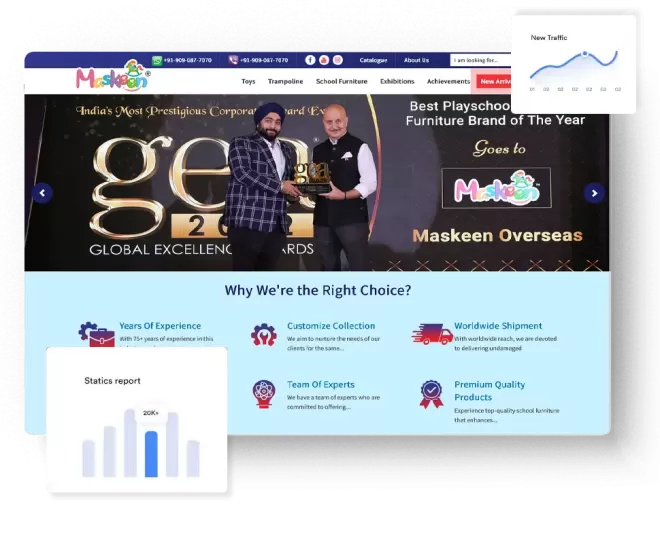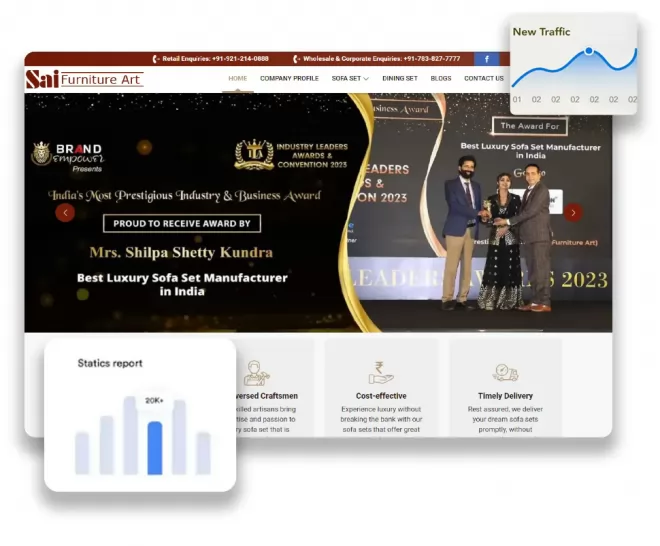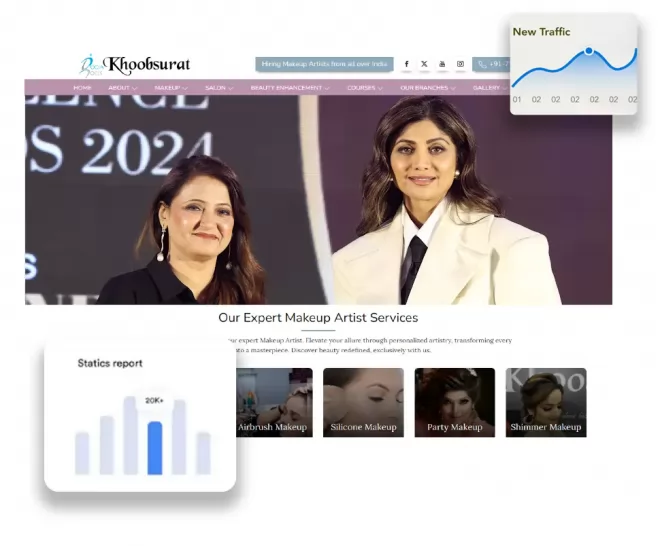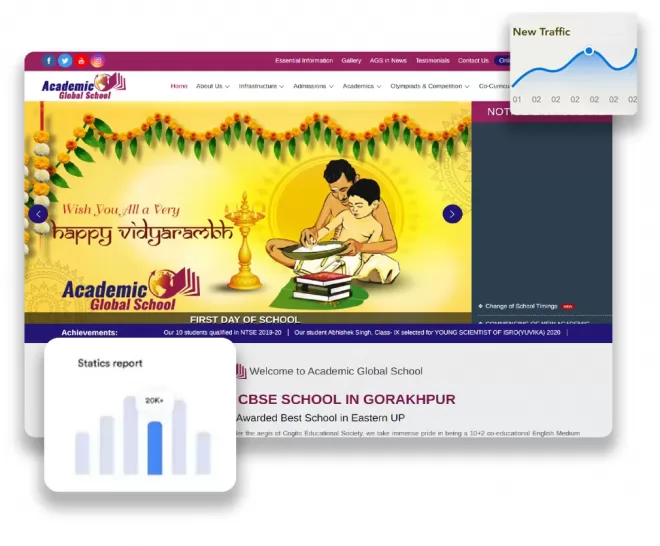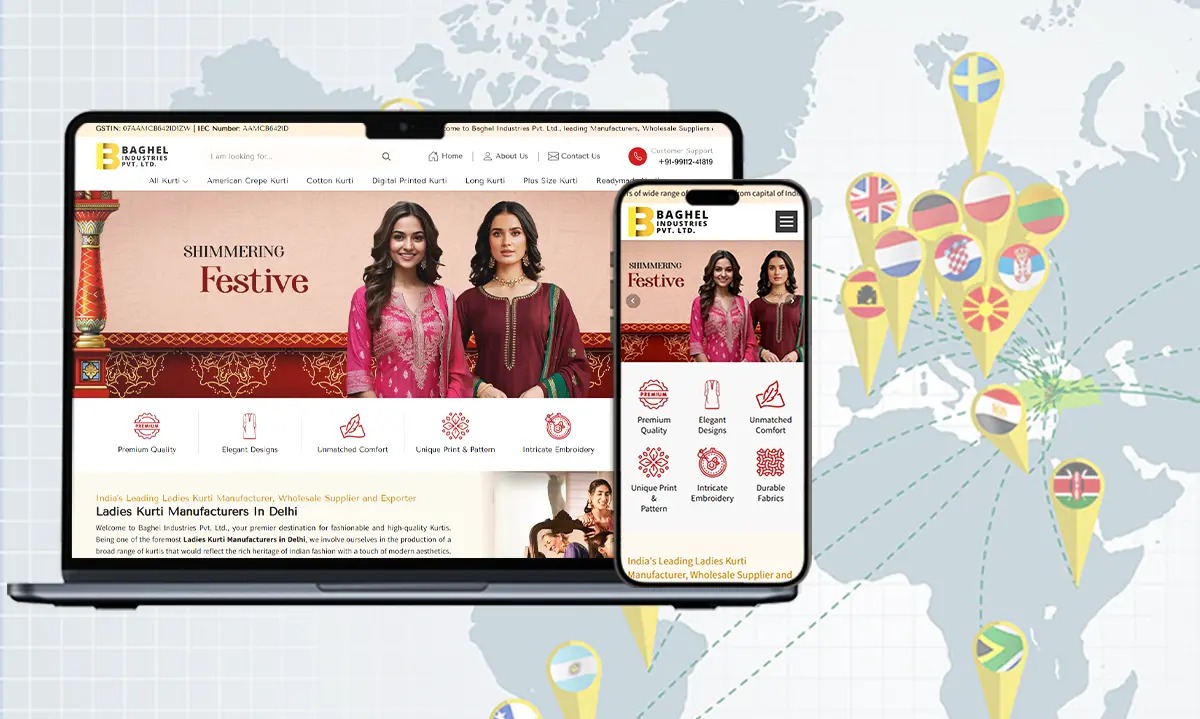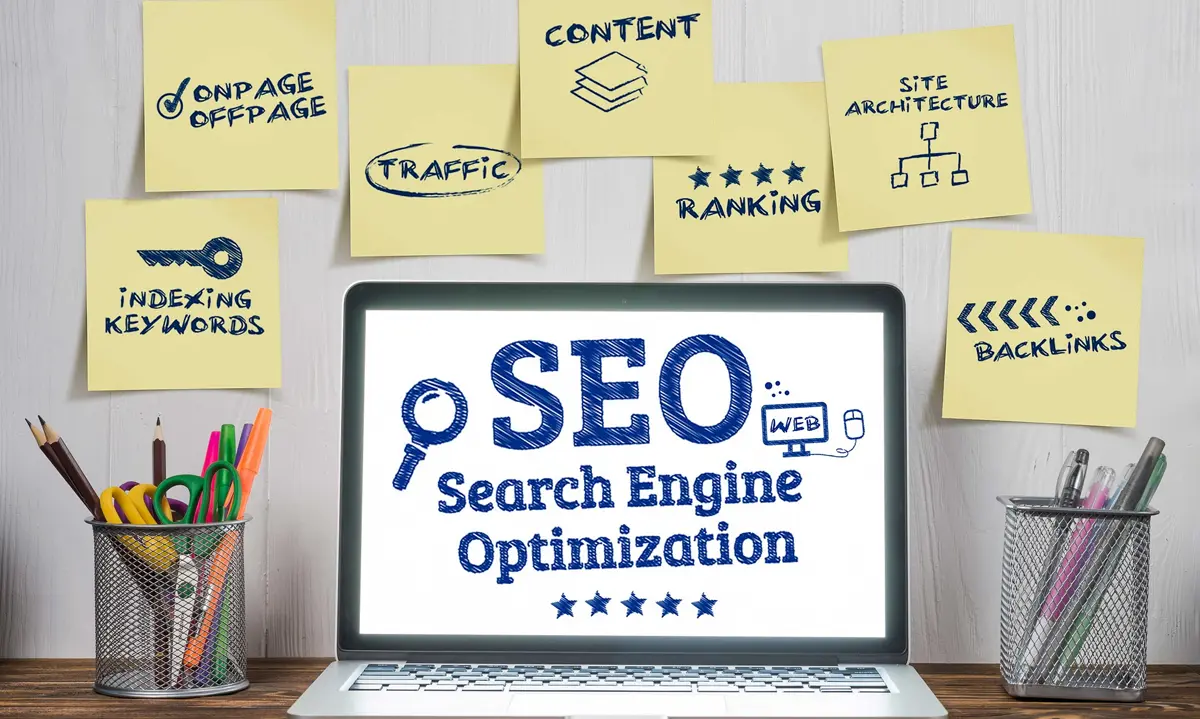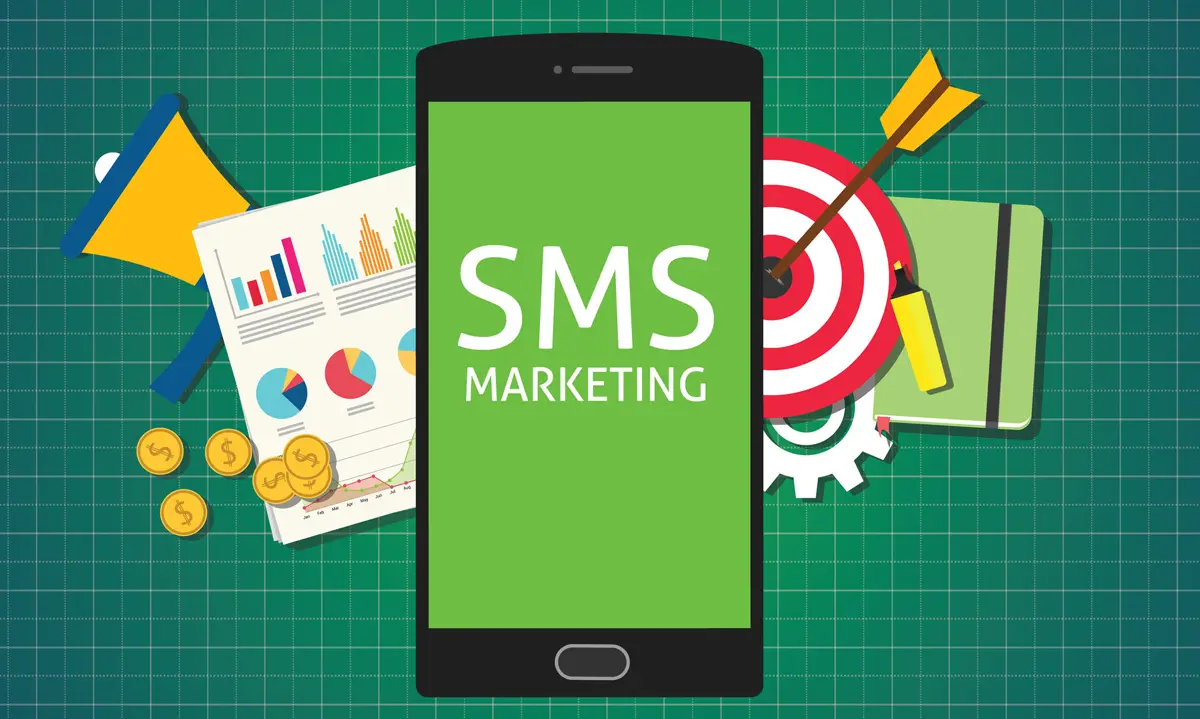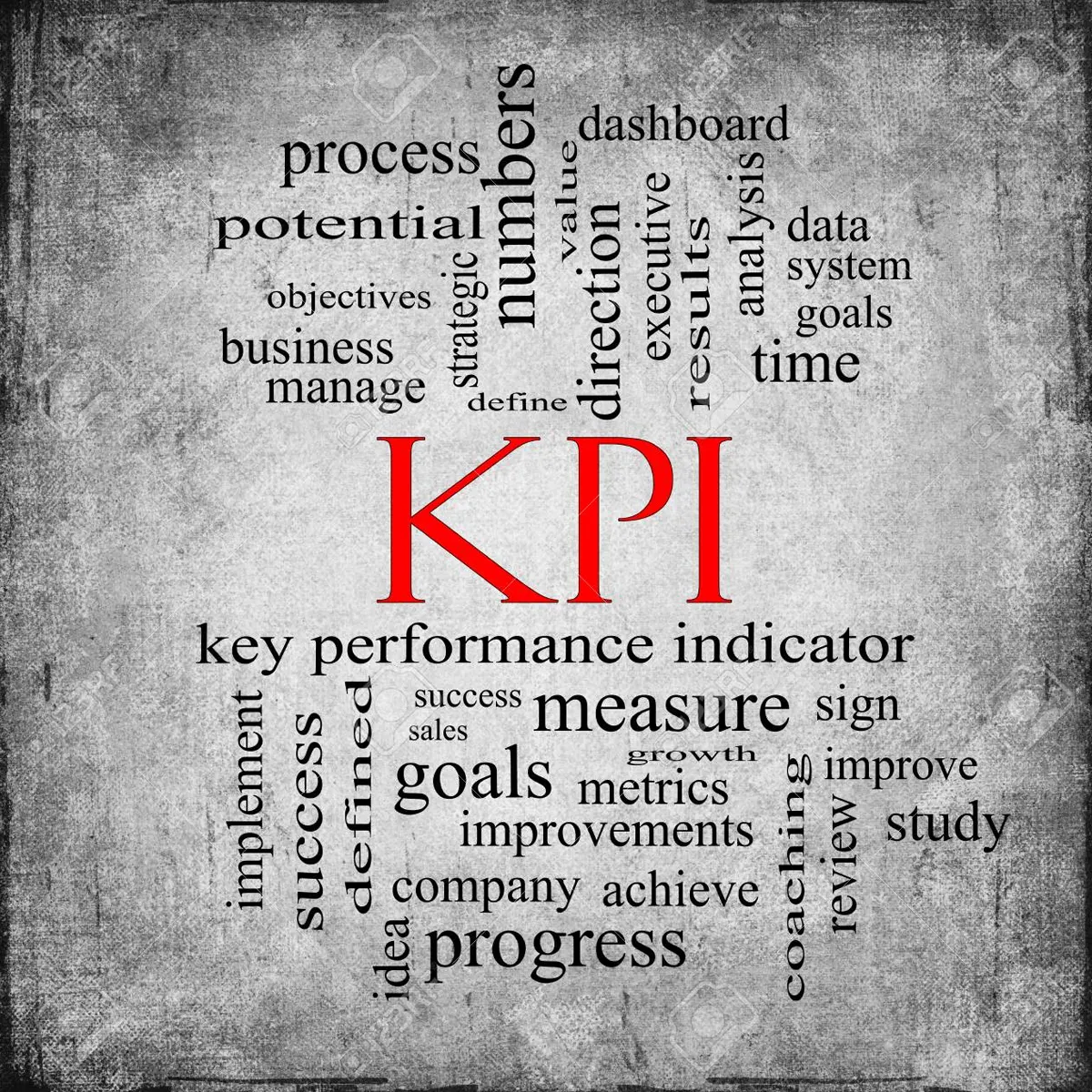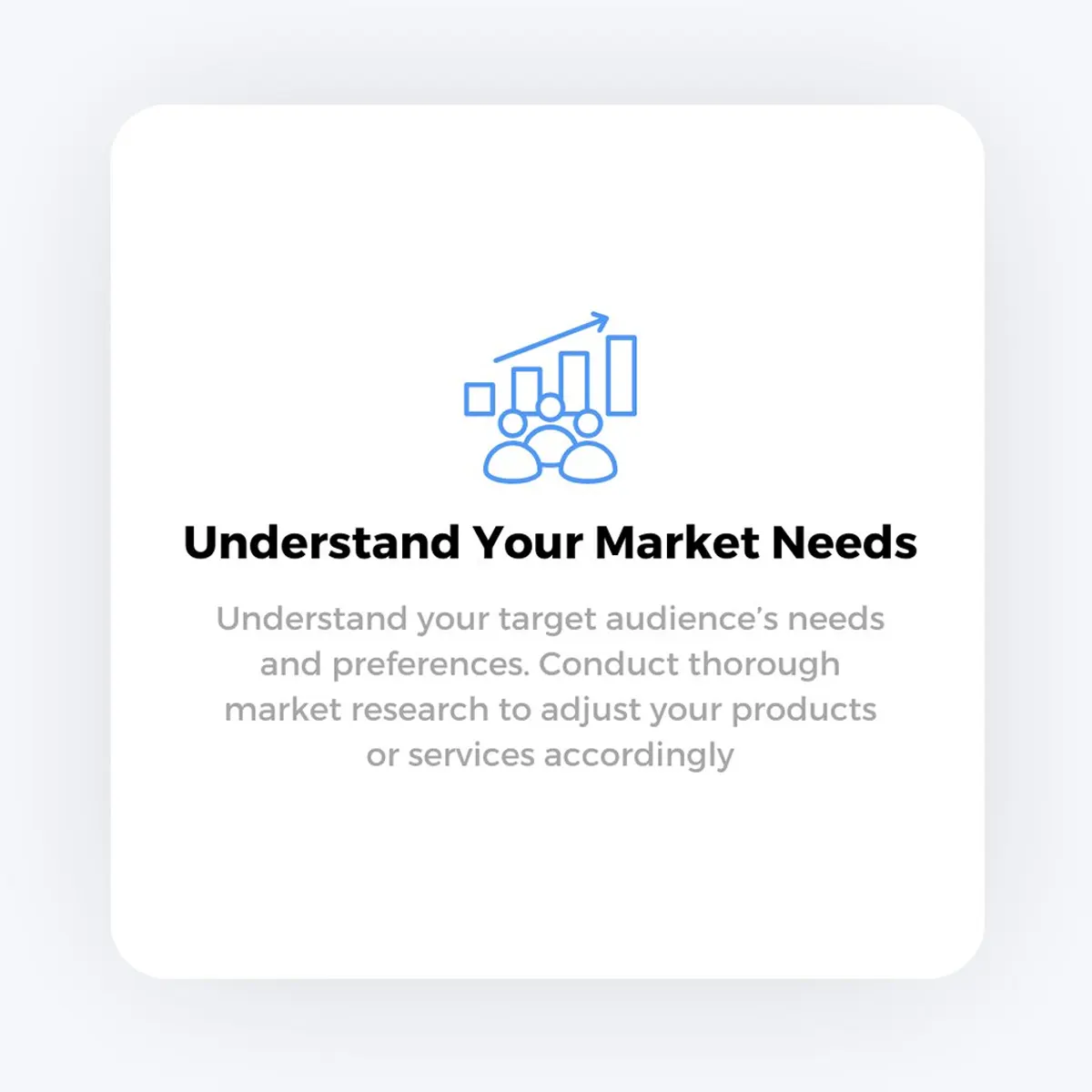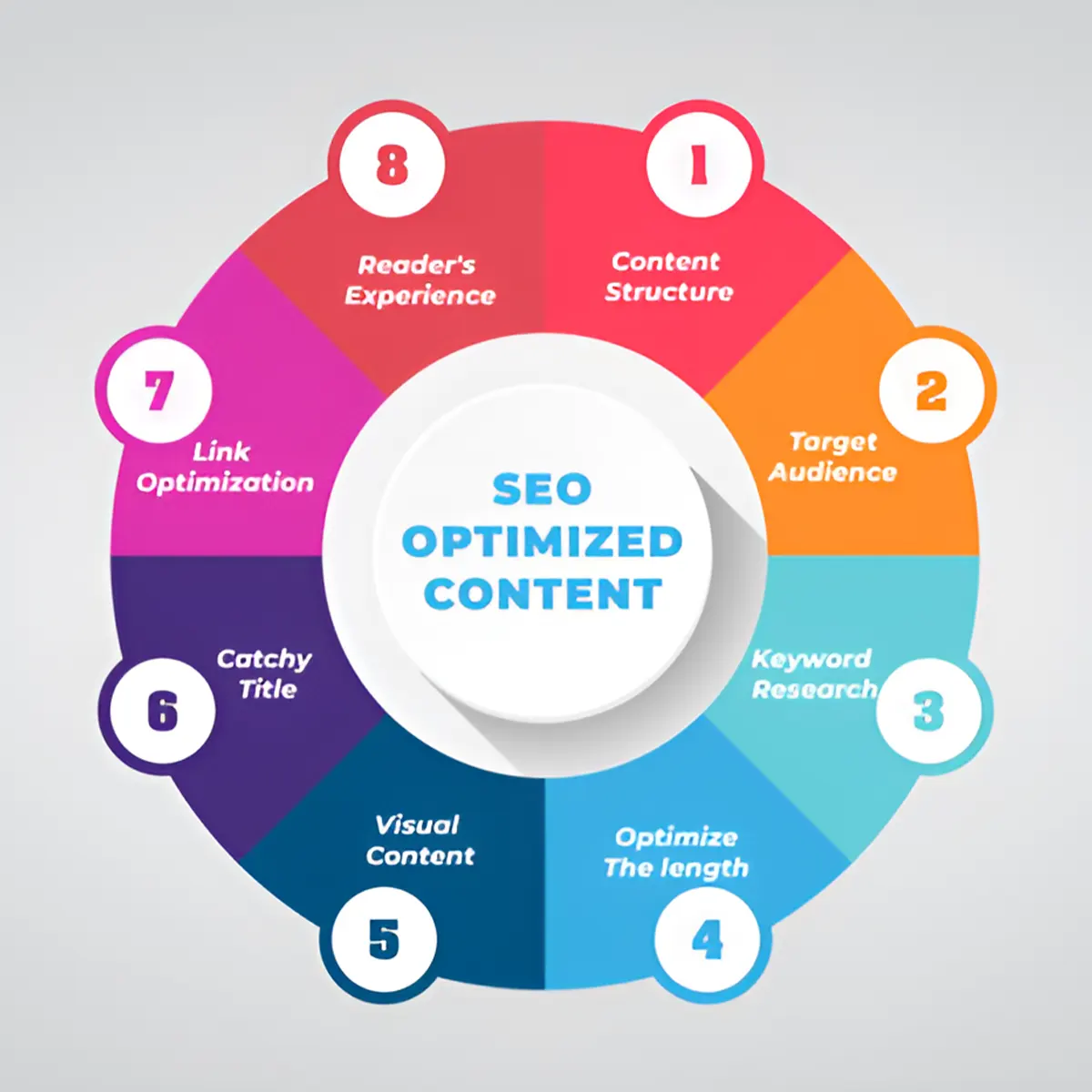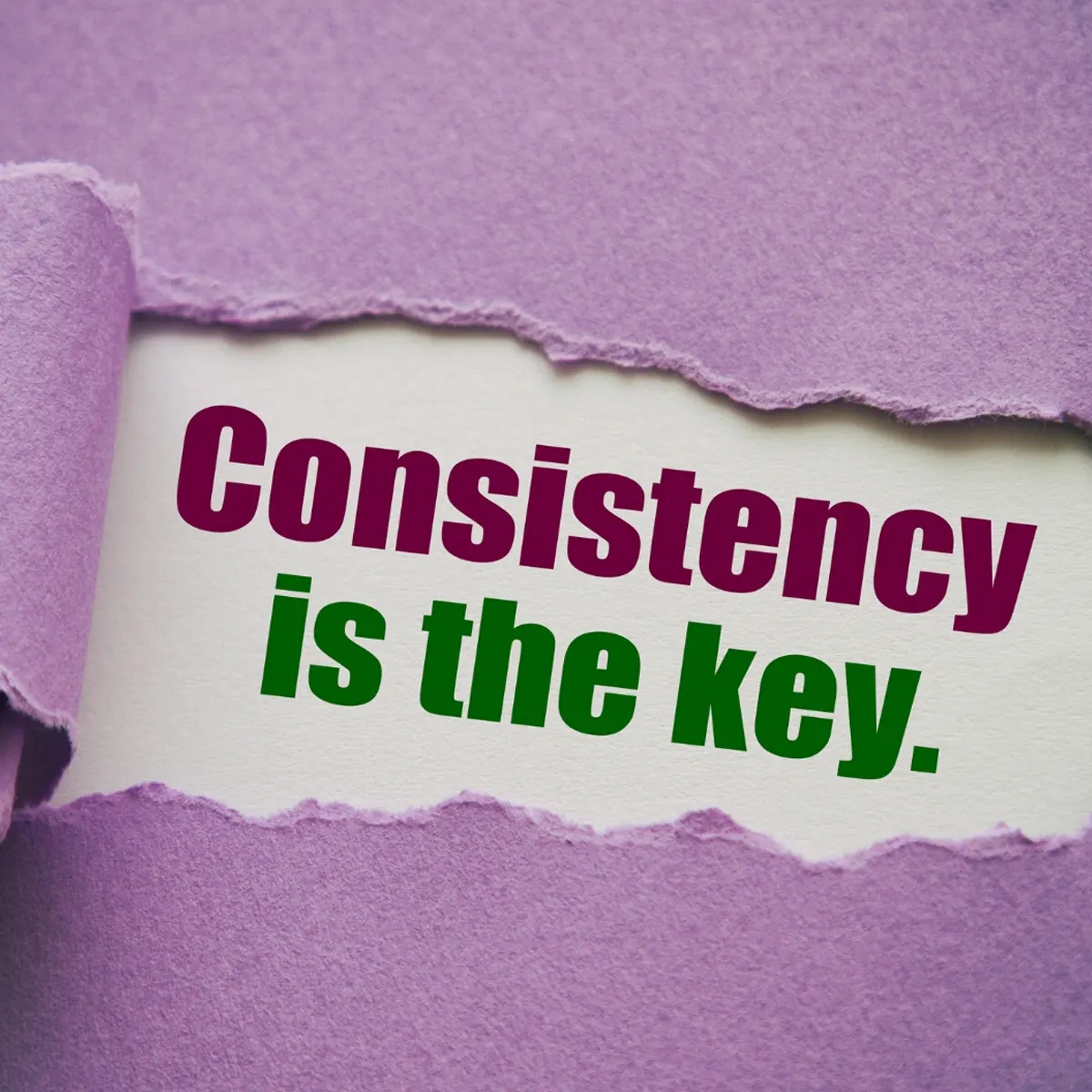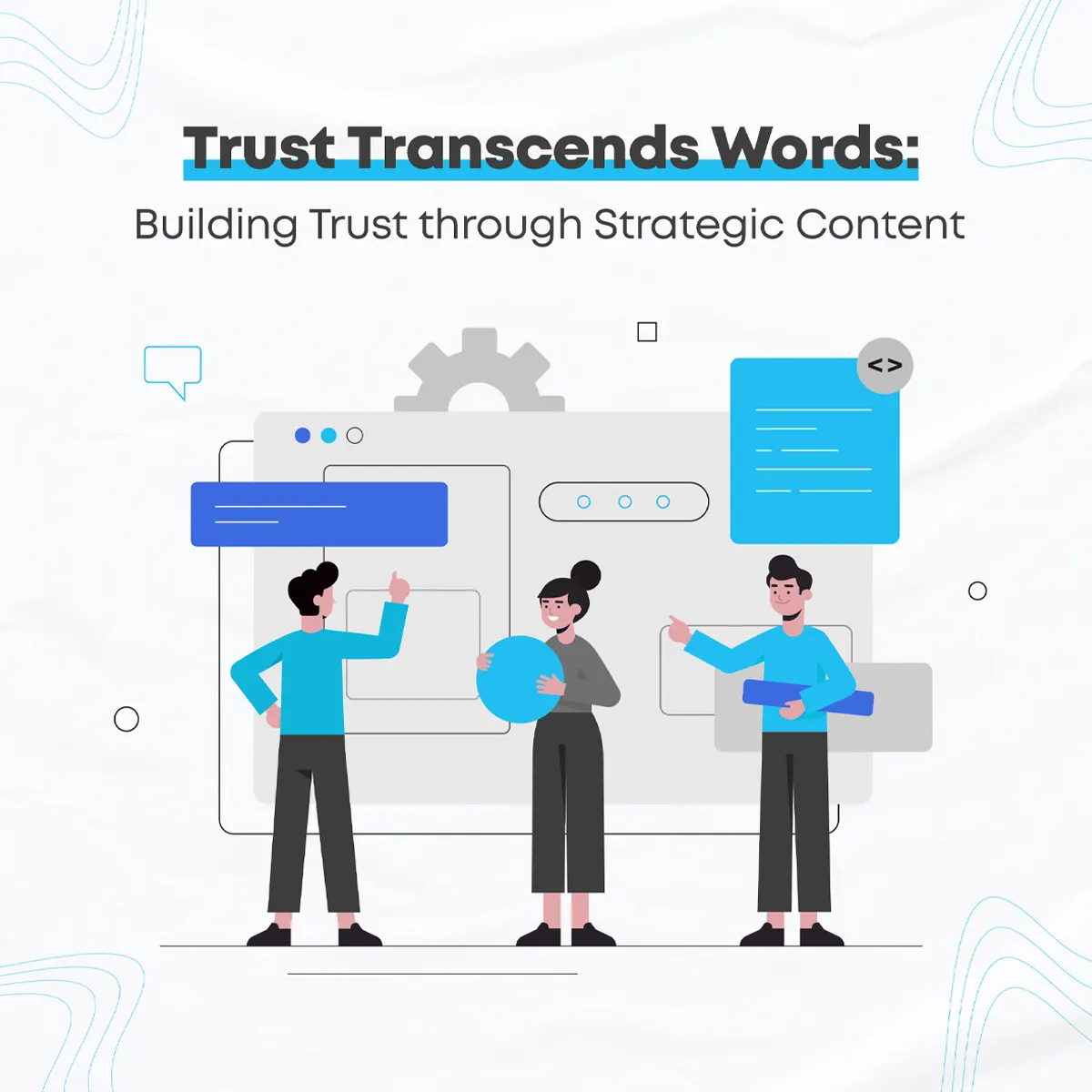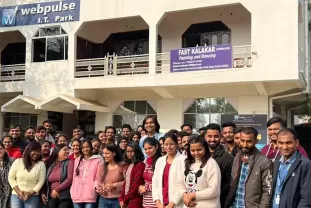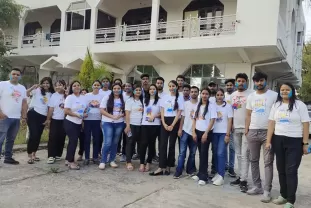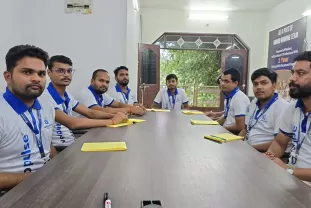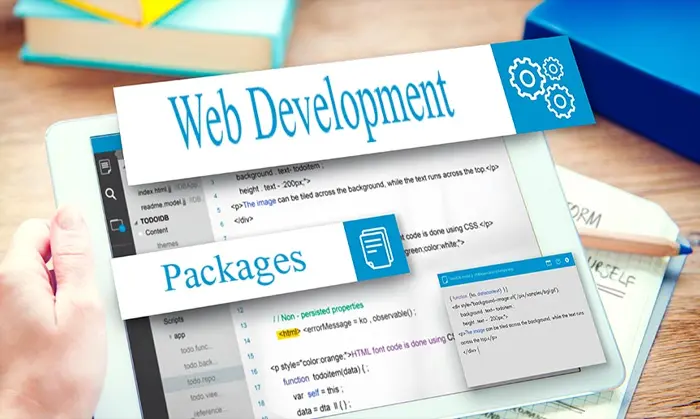Content Strategy Development
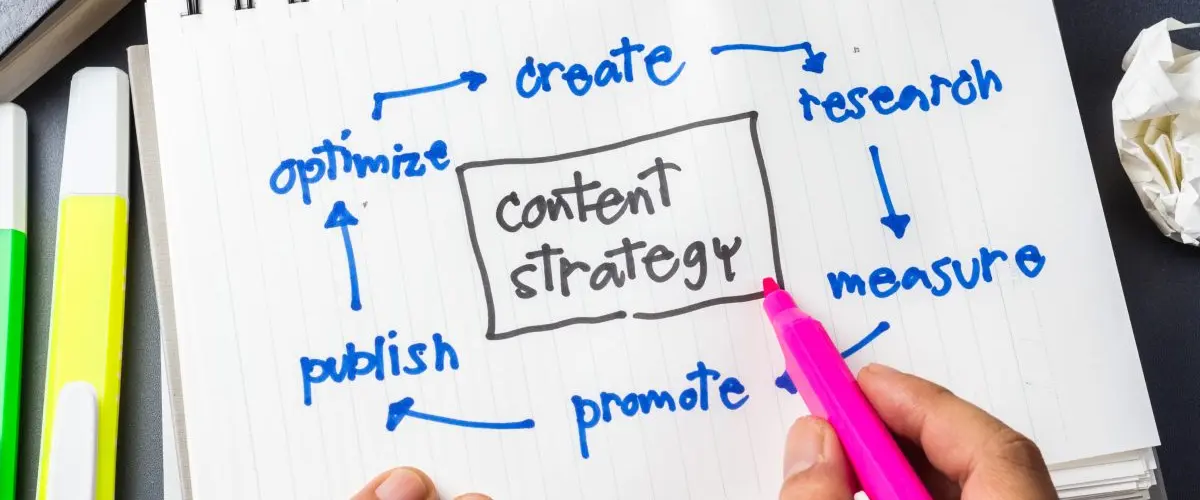
The foundation of any successful content marketing effort is the creation of a well-defined content strategy. This step begins with understanding your business objectives, target audience, and industry landscape. A clear strategy aligns your content efforts with your marketing goals, ensuring that your messaging resonates with your audience. We start by identifying your audience's needs, pain points, and behaviors, then tailor content themes that will engage and convert them. The strategy also involves choosing the appropriate content types (blogs, videos, infographics, etc.) and distribution channels (social media, website, email). Regular audits help keep your strategy aligned with shifting market trends, while data-driven insights allow for optimization and improvements. A detailed plan, complete with timelines and resource allocation, ensures consistency and efficiency in content creation, ultimately leading to higher engagement and better ROI. An effective content strategy is crucial to achieving long-term success in content marketing.
Audience Research
Audience research is critical to producing content that connects with your target market. By understanding the demographics, interests, needs, and behaviors of your audience, you can create content that truly resonates with them. We begin by gathering data through surveys, customer feedback, website analytics, and social media insights. This helps in developing detailed buyer personas that represent your ideal customers. These personas guide your content creation, ensuring that every piece of content speaks directly to the audience’s concerns, interests, and language. By also identifying pain points and desires, we can craft valuable solutions through your content. Audience research isn’t a one-time activity; it’s an ongoing process. As customer preferences evolve, continuous research is required to stay relevant. An in-depth understanding of your audience enables you to produce highly engaging content that fosters trust, nurtures relationships, and drives conversions.
Content Creation

Creating high-quality content is at the heart of content marketing. This process begins with the generation of compelling ideas based on your audience's preferences and search behavior. Content creation encompasses various formats, such as blog posts, videos, infographics, podcasts, case studies, and more. We focus on ensuring that each piece of content is valuable, informative, and engaging. Crafting well-researched, original content that addresses your audience’s questions and needs is essential for building trust and authority. Every piece of content should align with your brand’s voice, tone, and message. It must also be optimized for SEO to ensure visibility in search engine results. Visual appeal, clarity, and accuracy are paramount. Our approach ensures that your content not only attracts attention but also provides tangible value to your audience, compelling them to take desired actions, like subscribing to your newsletter, making a purchase, or sharing your content.
Content Distribution

Content distribution is the process of promoting your content across various channels to increase its reach and visibility. After creating high-quality content, the next step is to ensure it reaches the right audience. We use a multi-channel distribution strategy that includes owned, earned, and paid media. Owned media, such as your website or email list, allows for direct control over content delivery. Earned media, like backlinks or social shares, provides credibility and organic reach. Paid media, including social ads or Google Ads, expands the reach further by targeting specific audience segments. Social media platforms like Facebook, Twitter, LinkedIn, and Instagram are commonly used to distribute content, as they offer advanced targeting options. Email newsletters are another powerful tool for content distribution, delivering content directly to subscribers. We ensure that the content reaches potential customers through a well-rounded distribution strategy, driving higher engagement, traffic, and conversion rates.
SEO Optimization
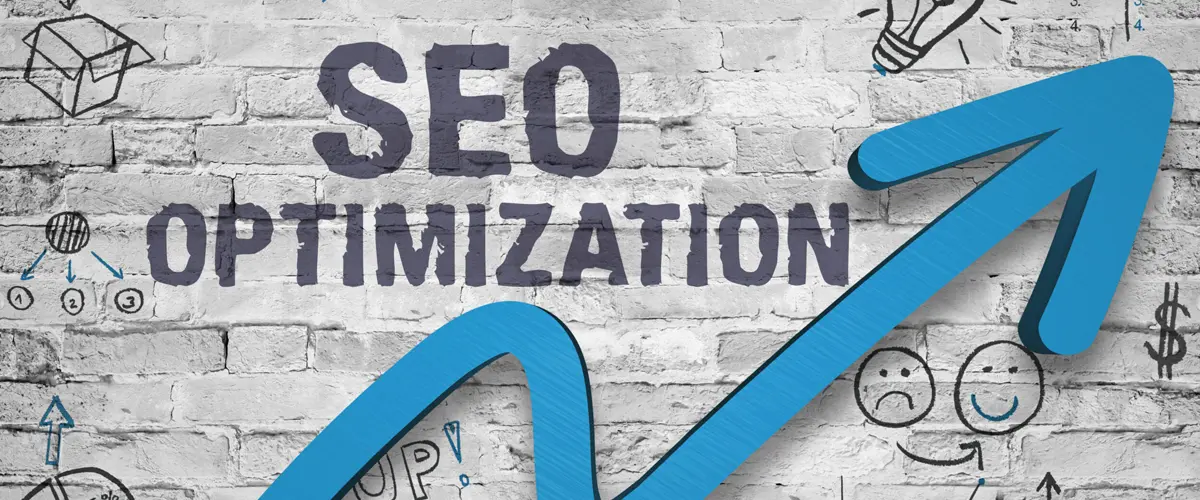
SEO optimization is crucial for making sure your content ranks well on search engines like Google. The goal is to ensure that your content appears in relevant search results when users are searching for topics related to your business. We focus on keyword research, using tools to identify terms and phrases that your audience is searching for. We then integrate these keywords naturally into your content. Additionally, we optimize your content's structure with proper headings, meta tags, and images to make it more accessible to search engines. High-quality content also plays a role in SEO; search engines prioritize valuable, informative content that satisfies user intent. Link-building strategies, including internal linking and acquiring backlinks from authoritative sites, further boost your content’s ranking. Continuous analysis of search trends and competitors’ content helps us refine our SEO strategy and stay ahead of the curve, ensuring that your content performs well in organic search results.
Content Repurposing
Repurposing content is a strategy designed to get the most value out of each piece of content created. Instead of starting from scratch, we take your existing content and adapt it into various formats to reach different segments of your audience. For example, a blog post can be turned into an infographic, a video, a podcast episode, or a slide deck for presentations. Repurposing helps reinforce your message and gives your content a longer lifespan. It also enables you to reach audience members who may prefer different types of media. This approach is cost-effective, as it maximizes the return on your original content creation efforts. We ensure that repurposed content is tailored for each platform, taking into consideration the format and best practices of each channel. Through repurposing, we improve brand consistency, increase reach, and optimize the value of every piece of content you create.
Content Engagement

Content engagement focuses on creating opportunities for your audience to interact with your content, fostering deeper relationships, and encouraging brand loyalty. Engaged customers are more likely to share content, comment on posts, and participate in discussions, creating a sense of community around your brand. We use various techniques, including call-to-actions (CTAs), interactive polls, surveys, and social media discussions, to boost engagement. Content should invite the audience to contribute their thoughts, ask questions, or provide feedback, making them feel valued and involved. The key to successful engagement is creating content that encourages interaction, whether through entertainment, education, or problem-solving. We analyze engagement metrics such as shares, likes, comments, and time spent on the page to assess content performance. With continuous optimization and the use of feedback, we ensure that your content continues to resonate with your audience, ultimately driving higher engagement rates, improving customer retention, and boosting conversions.
Content Performance Tracking

To understand the success of content marketing efforts, it’s vital to track the performance of your content. This involves monitoring metrics such as page views, bounce rate, time spent on a page, and social shares. Performance tracking also includes measuring conversion rates, and identifying how well your content leads to desired actions like sign-ups, purchases, or downloads. We employ advanced analytics tools to collect and interpret data, providing actionable insights into the content’s effectiveness. Regular reporting helps pinpoint what content types, topics, and strategies resonate most with your audience. We also track ROI, analyzing how content marketing efforts are contributing to overall business goals, like brand awareness, lead generation, and sales growth. By continually measuring performance, we can refine strategies, optimize content, and ensure that your content marketing investment is driving the desired results. This feedback loop allows us to improve and fine-tune future content efforts for continued growth.
Content Calendar Planning

A content calendar is an essential tool for organizing, scheduling, and tracking content creation and distribution. We begin by mapping out a strategic plan for content topics, ensuring they align with your business goals, product launches, events, and seasonal trends. A well-organized calendar also allows for consistent content delivery, preventing gaps in publishing and ensuring that content is regularly updated across all channels. We take into account factors like audience preferences, content performance, and industry trends when planning the calendar. Content calendar planning involves setting deadlines for content creation, review, and approval, which helps streamline workflow and ensures that each piece of content is delivered on time. It also allows for collaboration among team members, ensuring that all content is on-brand and aligned with your marketing efforts. With a content calendar, we maintain consistent messaging and provide your audience with valuable content consistently, helping to build trust and authority over time.
Content Analytics and Feedback

Collecting and analyzing feedback from your audience is an essential part of refining your content marketing strategy. We closely monitor metrics and gather insights from audience comments, surveys, and direct feedback. Analyzing user sentiment allows us to identify which content pieces are performing well and which ones need improvement. This process also involves A/B testing, where different versions of content are tested to see which performs better. By understanding user preferences, we can create more tailored, impactful content. Feedback analysis helps identify potential gaps in your content and adjust the approach accordingly. We continuously evaluate the effectiveness of your content based on engagement, conversions, and user retention. This iterative process allows us to improve content continuously, ensuring it aligns with audience needs and business objectives. Content analytics and feedback provide a data-driven approach to content marketing, enabling us to optimize efforts for greater success.

















